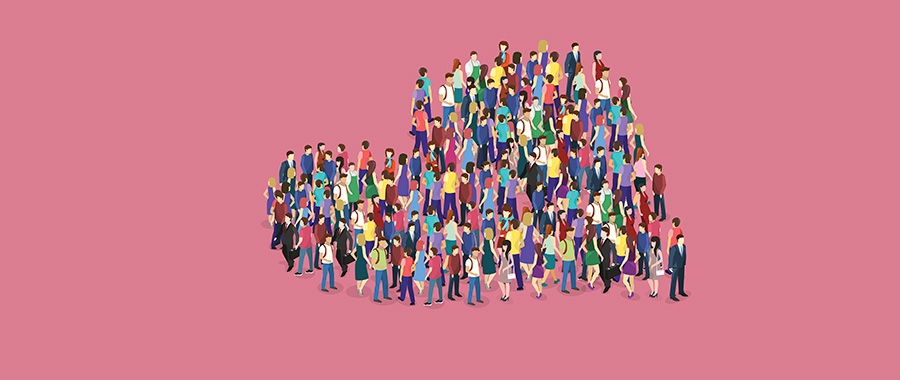The views expressed in our content reflect individual perspectives and do not represent the authoritative views of the Baha'i Faith.
In the previous essay in this series, we learned about the implications of Abdu’l-Baha’s formula for making social and economic development work.
He summarized that formula in a speech he gave in Pittsburgh, Pennsylvania in May of 1912:
… under present systems and conditions of government the poor are subject to the greatest need and distress while others more fortunate live in luxury and plenty far beyond their actual necessities. This inequality of portion and privilege is one of the deep and vital problems of human society. That there is need of an equalization and apportionment by which all may possess the comforts and privileges of life is evident. …
No matter how far the material world advances, it cannot establish the happiness of mankind. Only when material and spiritual civilization are linked and coordinated will happiness be assured. …
Therefore, the material and the divine, or merciful, civilizations must progress together until the highest aspirations and desires of humanity shall become realized. – Abdu’l-Baha, The Promulgation of Universal Peace, pp. 107-109.
From this central Baha’i premise, we can examine each social and economic development project we devise for the extent to which it incorporates spiritual values. If a project focuses solely on material benefits, and does nothing to promote the spiritual welfare of those involved, then it is likely to result in as much harm as good.
We all know that material development seeks to increase wealth, improve health, grow more food, provide access to clean water, improve communications and infrastructure, build schools and hospitals, etc. It is easy to measure these and assess whether the desired result has been achieved. If the goal was to establish ten new schools, we can simply count the number of schools before and see if ten new schools have been established.
But those involved in development projects may well ask: How can we assess the spiritual content of a proposed project? How can we know if the spiritual goals of a project have been achieved? Spiritual development is by definition intangible—which makes it more difficult to measure and assess.
Criteria for Assessing the Spiritual Content of Projects and Plans
One can frame the criteria for the spiritual component of a social plan of action by assessing to what extent it increases individual human potential. The Baha’i teachings suggest that the sort of questions we should ask of development projects include the following:
Development of the Individual:
Baha’is believe that the maximization of human happiness can only come about through the development of not only the physical, but also the mental and spiritual potential of each human being. Social and economic development activities need to go beyond the physical needs of the individual: food, housing, and health. They also require attention to the mental development of the individual: education and the development of human resources—and to the spiritual development of the individual: acquiring and developing moral and spiritual attributes such as justice, trustworthiness, truthfulness, love, etc.
Development of Society:
Each social and economic development project needs to first ask:
- Does the project bring about justice and equity in society?
- Does the project advance the cause of the equality of women and men?
- Does the project promote trustworthiness and high moral standards, especially among those who wield authority?
- Does the project enhance unity among the diverse groups in society at the same time as maintaining diversity?
- Does the project encourage the individuals in a society to investigate the truth for themselves and to increase their independence and self-sufficiency?
In the next essay in this series, we’ll examine these new spiritual criteria for social and economic development one by one.
















Comments
Sign in or create an account
Continue with Googleor